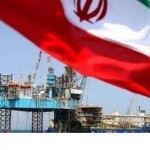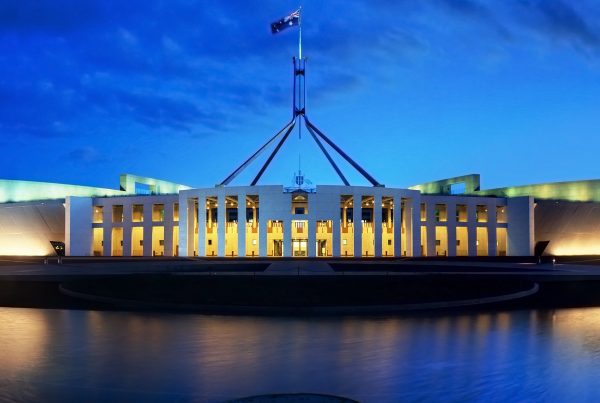Today the pressure has temporarily eased, but Iran threatening to close the Straits of Hormuz, and the impact on oil prices, again heightens fears of energy security. It’s only weeks since the last high profile scare – the collapse of the Libyan regime. reminds us that fuel security isn’t just regulated by supply and demand, but is heavily impacted by politics. The power plays are between the big suppliers (who need certainty of revenue) and the big consumers (who need certainty of supply). It is a constant  theme in our lives, with regular reminders of our vulnerability; Australia, a small country.
theme in our lives, with regular reminders of our vulnerability; Australia, a small country.
The politics of oil is relevant to every Australian because energy consumption and cheap energy is so fundamental to each household’s way of life – our social sustainability; if prices skyrocket we are all impacted. Plus, we export energy – we need the export dollars (sale of coal, gas, uranium, etc) to sustain our economy.
This is why, we think, the bureaucrats and politicians in Canberra we rely on to keep the supply of energy up, and costs down, are telling us we need all the sources of energy we can get: coal, oil, gas, oil shale, wind, solar – the lot. For more on that read the Fact Sheet summarising the Federal Government’s Draft Energy White Paper released in December 2011.
Following what’s happening makes for pretty heavy reading, but it’s made easier by remembering there are three big questions that impact on Australia and the world in relation to energy (enunciated in Yergin’s book):
- How will enough energy be available to meet the world’s rapidly increasing needs?
- How can the world’s and our energy security be protected?
- How do we balance energy development and environmental sustainability?
A recent post by the Council on Foreign Relations provides a timely reminder that the energy security concerns we have are shared by others. In part it states:
“Americans, it turns out, are deeply anxious about energy security. An overwhelming majority (85 percent) consider it important (67 percent “very important”) to “decrease American dependence on oil imported from the Middle East”.
“…Large majorities worry that energy shortages and higher prices could lead to destabilization of the world economy, that energy competition could lead to international conflict (or even war), and that current energy production is causing unacceptable environmental damage.
“To ameliorate these dangers, Americans overwhelmingly support greater investments in renewable energy sources like solar, wind, and hydropower.”
Then the NYT comments on an opinion piece released on Wednesday by the journal Nature, in which James Murray of the University of Washington and David King of the University of Oxford are arguing that fuel security (supply concerns and rising oil prices) ought to be enough to get governments moving, even if the climate does not.
The NYT’s Justin Gillis writes: “They essentially argue that oil supply now represents a large strategic risk to global economic growth, and that the required energy transformation “will take decades, so we must begin as soon as possible,” the professors write. “Emphasizing the short-term economic imperative from oil prices must be enough to push governments into action now.” “





